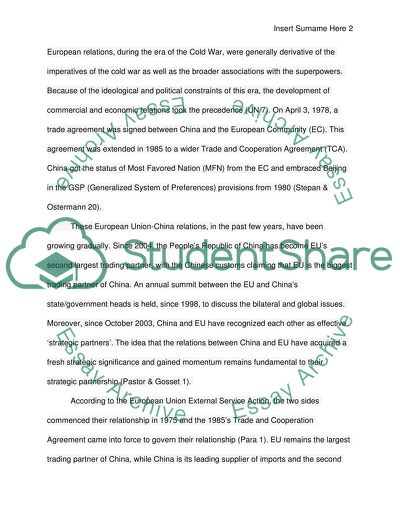Cite this document
(“Evolution of the relationship between the EU and China Research Paper”, n.d.)
Retrieved from https://studentshare.org/history/1398281-final-paper-evolution-of-the-relationship-between
Retrieved from https://studentshare.org/history/1398281-final-paper-evolution-of-the-relationship-between
(Evolution of the Relationship Between the EU and China Research Paper)
https://studentshare.org/history/1398281-final-paper-evolution-of-the-relationship-between.
https://studentshare.org/history/1398281-final-paper-evolution-of-the-relationship-between.
“Evolution of the Relationship Between the EU and China Research Paper”, n.d. https://studentshare.org/history/1398281-final-paper-evolution-of-the-relationship-between.


